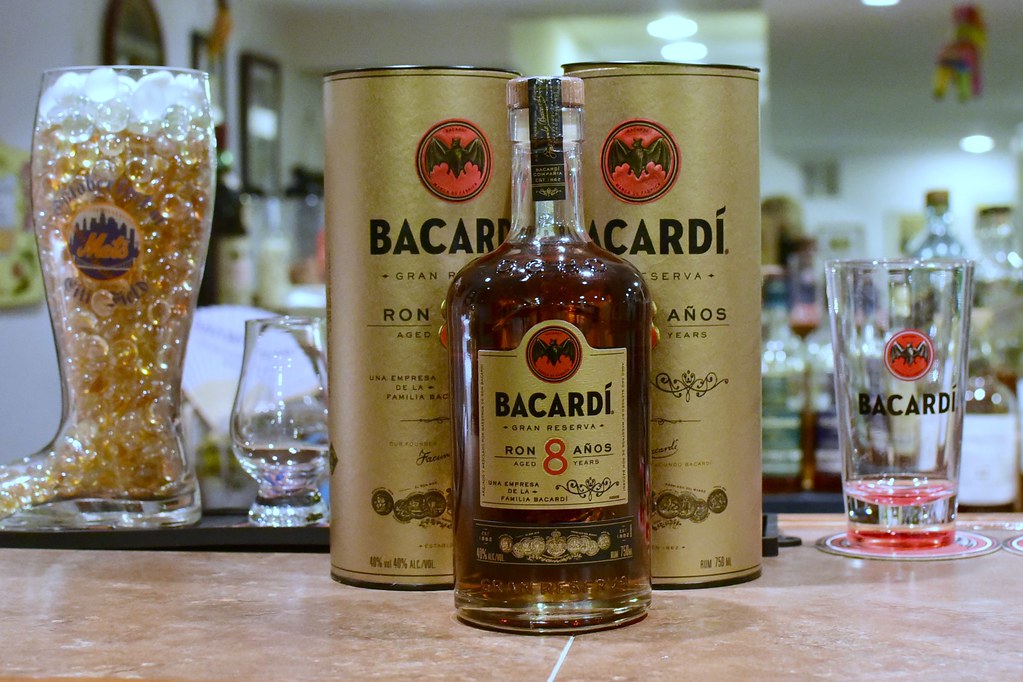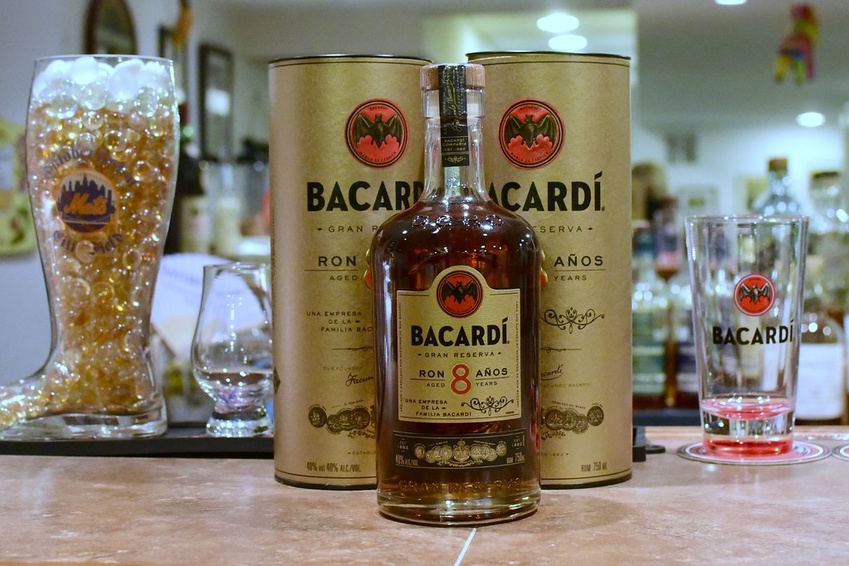After a demanding week, many Americans look forward to unwinding at their neighborhood bar, greeted by a familiar bartender with a warm smile, a clean glass, and a listening ear. Among them is Cecilia—a cheerful, red-haired virtual bartender who welcomes customers with a friendly, “Hey, what would you like to drink?”
While she can whip up a solid gin and tonic, Cecilia isn’t a traditional bartender. She exists entirely on a touchscreen, integrated with a beverage dispenser. Her creators describe her as “not your average bartender,” highlighting her ability to mix drinks, chat with patrons, share jokes, represent brands, and deliver a unique experience—perhaps soon a common one.
Although AI hasn’t yet displaced bartenders on a large scale, beverage giant Bacardi—home to brands like Grey Goose and Patrón—has been actively preparing for that possibility. The company is investing in its global training program, Shake Your Future, which equips participants with an international bartending certification. By 2030, Bacardi aims to train 10,000 professionals, expanding to cities like Glasgow to meet this goal.
According to Alex Tomlin, Bacardi North America’s SVP of marketing, great bartending isn’t just about mixing drinks—it’s also about delivering exceptional hospitality and engaging with customers on a personal level.
As AI has made its way into sectors like banking, retail, and media, it’s also begun to appear behind the bar. In 2019, British startup DataSparq introduced the AI Bar, using facial recognition to manage service queues. Diageo followed with its FlavorPrint-powered platform, What’s Your Cocktail?, offering personalized drink suggestions. Meanwhile, tools like Backbar use AI to track inventory and forecast demand.
Tomlin recognizes the efficiency AI offers in cutting waste and maximizing profits, even in designing new cocktails. Still, he emphasizes that the core reason people visit bars is for the human experience.
To support this perspective, Bacardi launched Future Proof in 2022—a tailored hospitality curriculum at Florida International University. It covers more than just drink-making, diving into cocktail history and the art of distillation.
Futurist Steve Brown classifies jobs into three groups: those that can be automated, those that can’t, and those that shouldn’t be—even if they could. Bartending, he believes, mostly fits into the latter category because it involves personal connection, tailored recommendations, and the enjoyment of watching a skilled mixologist craft a drink.
Joseph Bruno, president of the American Bartenders School, agrees. While AI has its place in streamlining operations, he insists the essence of bartending lies in the bartender’s character and charisma.
In places like Las Vegas and Reno, where bartending is a major profession, Culinary Workers Union Local 226 has taken proactive steps to safeguard jobs. In 2018, it secured contract language to protect workers from technological displacement and bolstered these terms again in 2023.
Despite their novelty, AI bartenders like Cecilia are mainly used in environments where speed matters more than service—such as sports arenas. In Las Vegas, the Tipsy Robot bar features a robotic arm that makes drinks. The concept, launched in 2017 at Planet Hollywood, attracted attention but hasn’t caught on widely.
Public sentiment remains mixed. As one YouTube commenter put it: “Never replace a human bartender! I don’t want to share my problems with a robot.”
While she can whip up a solid gin and tonic, Cecilia isn’t a traditional bartender. She exists entirely on a touchscreen, integrated with a beverage dispenser. Her creators describe her as “not your average bartender,” highlighting her ability to mix drinks, chat with patrons, share jokes, represent brands, and deliver a unique experience—perhaps soon a common one.
Although AI hasn’t yet displaced bartenders on a large scale, beverage giant Bacardi—home to brands like Grey Goose and Patrón—has been actively preparing for that possibility. The company is investing in its global training program, Shake Your Future, which equips participants with an international bartending certification. By 2030, Bacardi aims to train 10,000 professionals, expanding to cities like Glasgow to meet this goal.
According to Alex Tomlin, Bacardi North America’s SVP of marketing, great bartending isn’t just about mixing drinks—it’s also about delivering exceptional hospitality and engaging with customers on a personal level.
As AI has made its way into sectors like banking, retail, and media, it’s also begun to appear behind the bar. In 2019, British startup DataSparq introduced the AI Bar, using facial recognition to manage service queues. Diageo followed with its FlavorPrint-powered platform, What’s Your Cocktail?, offering personalized drink suggestions. Meanwhile, tools like Backbar use AI to track inventory and forecast demand.
Tomlin recognizes the efficiency AI offers in cutting waste and maximizing profits, even in designing new cocktails. Still, he emphasizes that the core reason people visit bars is for the human experience.
To support this perspective, Bacardi launched Future Proof in 2022—a tailored hospitality curriculum at Florida International University. It covers more than just drink-making, diving into cocktail history and the art of distillation.
Futurist Steve Brown classifies jobs into three groups: those that can be automated, those that can’t, and those that shouldn’t be—even if they could. Bartending, he believes, mostly fits into the latter category because it involves personal connection, tailored recommendations, and the enjoyment of watching a skilled mixologist craft a drink.
Joseph Bruno, president of the American Bartenders School, agrees. While AI has its place in streamlining operations, he insists the essence of bartending lies in the bartender’s character and charisma.
In places like Las Vegas and Reno, where bartending is a major profession, Culinary Workers Union Local 226 has taken proactive steps to safeguard jobs. In 2018, it secured contract language to protect workers from technological displacement and bolstered these terms again in 2023.
Despite their novelty, AI bartenders like Cecilia are mainly used in environments where speed matters more than service—such as sports arenas. In Las Vegas, the Tipsy Robot bar features a robotic arm that makes drinks. The concept, launched in 2017 at Planet Hollywood, attracted attention but hasn’t caught on widely.
Public sentiment remains mixed. As one YouTube commenter put it: “Never replace a human bartender! I don’t want to share my problems with a robot.”


 AI Bartenders vs. Humans: The Future of Mixology and Hospitality
AI Bartenders vs. Humans: The Future of Mixology and Hospitality





 Companies
Companies